Humans
Sign up for our newsletter
We summarize the week's scientific breakthroughs every Thursday.
-
 Archaeology
ArchaeologyAfter 2,000 years, Ptolemy’s war elephants are revealed
A genetic study sheds light on world’s only known battle between Asian and African elephants.
-
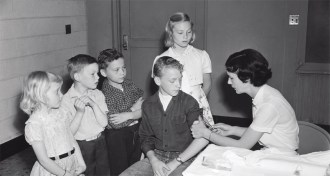 Health & Medicine
Health & MedicineVaccine vindication
At least 103 million cases of childhood disease have been prevented by vaccines since 1924.
-
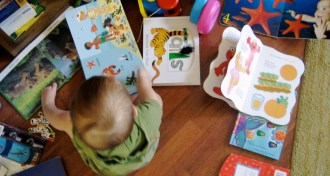 Health & Medicine
Health & MedicineHow to read a book to your baby
To help your baby get the most out of story time, turn the story into a conversation, not a monologue.
-
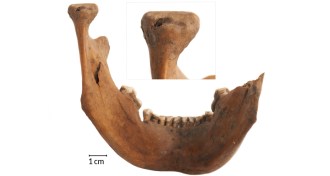 Anthropology
AnthropologySkulls from ancient London suggest ritual decapitations
The city’s Roman rulers had special watery places to keep the heads of military enemies or vanquished gladiators.
By Bruce Bower -
 Psychology
PsychologyThe most (and least) realistic movie psychopaths ever
A forensic psychologist spent three years watching 400 movies to trace portrayals of psychopaths.
-
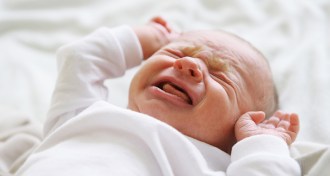 Health & Medicine
Health & Medicine‘Good bacterium’ prevents colic symptoms in newborns
Crying time was nearly halved in babies receiving the beneficial microbe.
By Nathan Seppa -
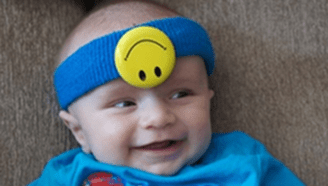 Health & Medicine
Health & MedicineBaby-cam captures an infant’s world
What do babies see all day? Faces. Lots of faces.
-
 Health & Medicine
Health & MedicineGreen tea may sabotage blood pressure medication
Antioxidants in drink may keep intestinal cells from taking up drug.
By Beth Mole -

-
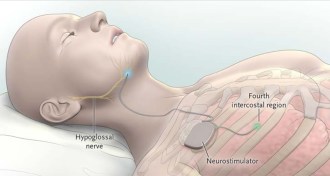 Health & Medicine
Health & MedicinePacemaker treats sleep apnea
Experimental device works for many patients who can’t use breathing machines.
By Nathan Seppa -
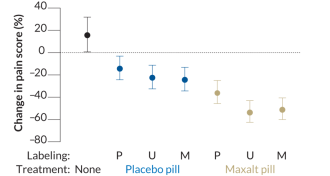 Psychology
PsychologyMigraines respond to great expectations
Patients get more pain relief from drug and placebo labeled as headache busters than from those labeled as dummy pills.
By Bruce Bower -
 Health & Medicine
Health & MedicineBabies tune in to happy sounds
High pitched, cutesy voices prove irresistible to infants.